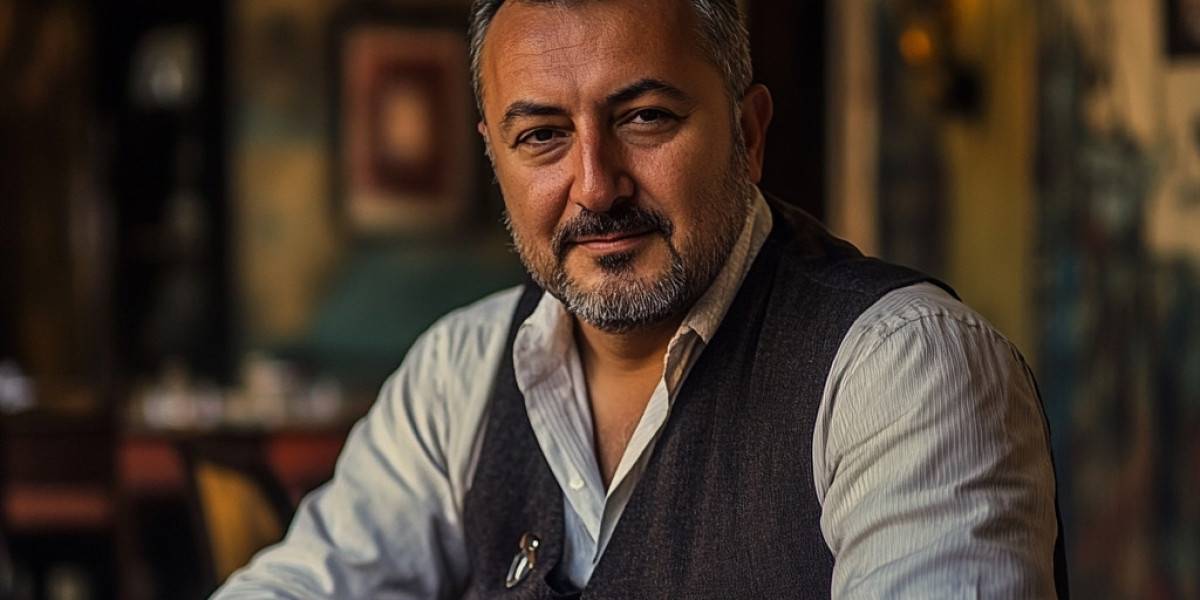What is Breast Cancer?
Breast cancer occurs when cells in the breast grow uncontrollably, leading to tumors that may spread to other parts of the body. The earlier it is detected, the better the chances of successful treatment. Among the different types, one particularly aggressive form is triple-negative breast cancer, which lacks receptors for estrogen, progesterone, and HER2, making it harder to treat.
Key Terms and Concepts
Breast Cancer Genetic Testing: This is a crucial tool for women who may be at high risk due to family history. Testing for mutations in the BRCA1 and BRCA2 genes helps identify individuals who are more likely to develop breast cancer, allowing them to take preventive actions such as increased monitoring or preventive surgeries.
Pre Breast Cancer Stage 0: Also known as ductal carcinoma in situ (DCIS), this is an early form of breast cancer where abnormal cells are confined to the milk ducts. Although non-invasive, it requires attention because it can develop into more invasive cancer if left untreated.
Signs and Symptoms of Breast Cancer
Recognizing the early signs of breast cancer is crucial. Some symptoms include:
- A new lump or mass in the breast.
- Swelling of part or all of the breast.
- Skin irritation or dimpling.
- Nipple retraction or pain.
- Nipple discharge other than breast milk.
Performing regular self-exams and scheduling routine mammograms can help detect abnormalities early.
Risk Factors for Breast Cancer
Several factors increase the risk of breast cancer, including age, family history, and lifestyle. For aggressive cancers like triple-negative breast cancer, the causes are not fully understood, but research into areas like triple-negative breast cancer insulin signaling and src signaling pathways is offering new insights into potential treatments.
Non-Modifiable Risk Factors
- Age: Breast cancer risk increases with age.
- Genetics: Mutations in the BRCA1 or BRCA2 genes significantly raise the likelihood of breast cancer. Women with a strong family history may consider breast cancer genetic testing.
Modifiable Risk Factors
- Lifestyle: Smoking, excessive alcohol consumption, and lack of exercise can increase breast cancer risk.
- Hormones: Hormone replacement therapy or long-term use of birth control can raise the risk, particularly in older women.
Pre-Surgery Considerations for Breast Cancer Patients
When breast cancer is diagnosed, one of the first steps is evaluating the most effective treatment plan. For many women, breast cancer pre-surgery preparation includes imaging tests (like mammograms or MRIs), biopsies, and sometimes even chemotherapy to shrink the tumor before surgery.
Types of Breast Surgery:
- Lumpectomy: Removal of the tumor while preserving most of the breast tissue.
- Mastectomy: Complete removal of one or both breasts to prevent the spread of cancer.
Treatment Options for Breast Cancer
Depending on the stage and type of breast cancer, treatment options vary. Here are some common approaches:
Chemotherapy: Drugs used to destroy cancer cells, particularly effective for aggressive cancers like triple-negative breast cancer.
Radiation Therapy: High-energy waves are used to target and kill cancer cells, typically after surgery.
Hormonal Therapy: For hormone receptor-positive cancers, medications block estrogen to slow the growth of cancer cells.
Targeted Therapy: Drugs like trastuzumab are used to target specific proteins like HER2 involved in cancer growth.
Immunotherapy: Immunotherapy helps the body’s immune system identify and fight cancer cells. New research on triple-negative breast cancer src signaling is improving treatment options for this aggressive form.
Advanced Research: The Role of Insulin and Glutathione in Breast Cancer
Recent studies have revealed exciting new potential treatments for breast cancer, particularly for aggressive types like triple-negative breast cancer. Triple-negative breast cancer insulin signaling is a promising area of research, as insulin resistance and obesity have been linked to cancer growth. Understanding how insulin signaling affects cancer progression could lead to targeted therapies.
Another promising area is the role of antioxidants like glutathione and breast cancer cells. Some studies suggest that glutathione, which helps protect cells from damage, may have a dual role—while it can protect healthy cells, it may also help cancer cells survive in some cases. This complex relationship is being studied to improve treatment outcomes.
The Development of a Breast Cancer Vaccine
One of the most exciting advancements in breast cancer research is the development of a breast cancer vaccine. This vaccine aims to prevent the recurrence of breast cancer by boosting the immune system to recognize and destroy cancer cells. While still in clinical trials, this vaccine could become a revolutionary tool in fighting breast cancer for women, particularly those at high risk.
Last Stage for Breast Cancer: Survival Rates and Hope
The last stage for breast cancer (Stage IV) is when the cancer has spread to other parts of the body. While this stage is the most challenging to treat, survival rates have improved significantly due to advancements in targeted therapies and immunotherapy.
Although there is no cure for Stage IV breast cancer, many patients live longer and healthier lives thanks to personalized treatments and ongoing research. The last stage for breast cancer survival rate is improving, and ongoing research continues to provide hope.
Emotional and Psychological Support for Breast Cancer Patients
A breast cancer diagnosis can be overwhelming, and it’s essential to address the emotional toll it takes on patients and their families. Mental health support, counseling, and support groups are vital resources for those undergoing treatment and their loved ones.
Conclusion: Hope for the Future
With advancements in genetic testing, personalized medicine, and innovative treatments like the breast cancer vaccine, the outlook for women fighting breast cancer has never been more promising. Early detection through breast cancer genetic testing, understanding aggressive cancers like triple-negative breast cancer, and continued research into factors like insulin signaling and glutathione are paving the way for more effective treatments.
By staying informed and proactive with screenings, healthy lifestyle choices, and supporting breast cancer research, we can continue to improve survival rates and provide hope for a cure.








